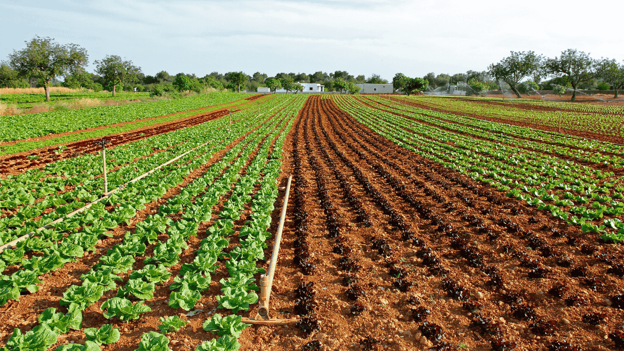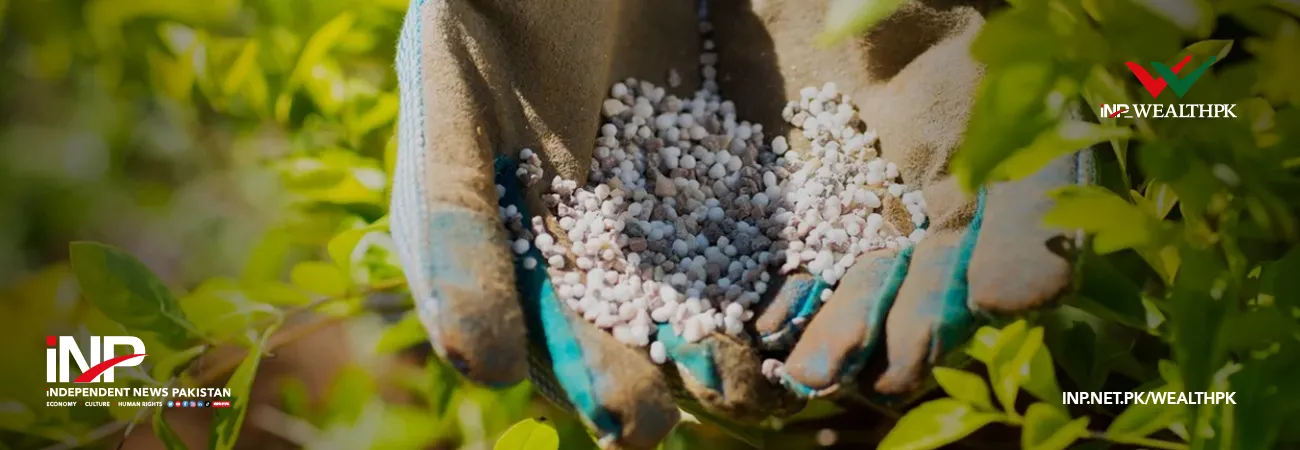INP-WealthPk
Muhammad Saleem
Oilseed cultivation can help reduce Pakistan’s edible oil import bill, which currently stands at several billion dollars annually. Sajid Ahmed, an agricultural scientist, told WealthPK that the rising edible oil imports in Pakistan are a serious warning for both the economy and public health.

He said that while the government made significant efforts to obtain $4.3 billion in loans from the International Monetary Fund (IMF) over three years, it spent approximately $5.1 billion on edible oil imports in just one year. He noted that these figures clearly show how the country spent a three-year IMF loan in a single year on oil import. This reflects the alarming direction we are heading towards, he warned.
“One of the key reasons behind this surging import bill is the lack of support for local farmers. Without encouraging domestic production of edible oil, we cannot improve the situation,” he added. He claimed that Pakistan is importing the lowest quality palm oil, which is creating health issues, particularly diabetes.
“Oil bottles in the market may carry labels like sunflower or other premium brands, but if you read the label carefully, you will see they contain only 1-2 percent actual sunflower oil. The rest is Malaysian palm oil,” he claimed. He added that palm oil is commonly blended into most cooking oils available in the market, often without clear labeling or regulatory oversight.
Dr.Ijaz Ahmed, another agricultural scientist, told WealthPk that promoting oilseed cultivation is essential to reduce the country’s reliance on imports. He said that sooner or later, the country’s leadership will have to accept the fact that heavy dependence on palm oil imports is depleting our financial resources.
He said that Pakistani farmers are fully capable of cultivating high-yielding varieties of canola, soybean, mustard and sunflower–all of which can meet the country’s edible oil needs. He noted that climate change also necessitates crop diversification, and it’s a ripe time for us to adopt this method to tackle emerging challenges. He said that we must take practical steps to utilize the barren or low-quality land for oilseed cultivation.
He emphasized that the government must offer subsidies on machinery and agricultural inputs to encourage farmers to grow oil rich crops. He also stressed the need for interest-free loans and a reliable crop insurance mechanism to protect farmers from natural calamities.
Sajid Ali said the government must launch an awareness campaign to help the public understand that quality oil comes at a higher price. He noted that it’s unrealistic to expect local farmers to provide oil at throwaway prices, as they need to cover their expenses and earn a reasonable profit. “However, I am sure that consumers can get quality oil at affordable rates compared to imported oil if the government implements a proper strategy to promote domestic cultivation,” he added.
He said that the government must impose heavy duties on palm oil imports to protect local farmers and the domestic oil industry. He stressed that increasing local production is essential to reduce the import bill. Similarly, he said the government must heavily invest in research and development and ensure an attractive buy-back system. He added that farmers would be more likely to cultivate oilseed crops once if they saw the government offering a fair buy-back price.
He questioned why farmers farmers would grow oilseed crops if their produce were purchased at a price lower than palm oil, or why they would choose to plant the same crop again the following year. “I strongly believe that the biggest threat to food security is the import of palm oil. If we could save the $5.1 billion spent annually on edible oil import, we could avoid taking foreign loans,” he said.
Credit: INP-WealthPk













